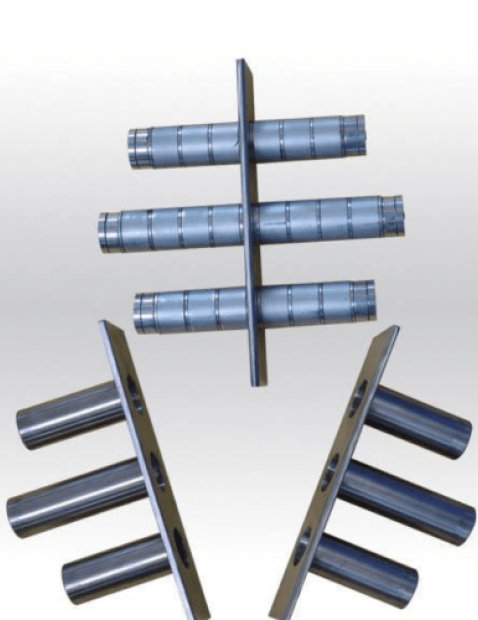Vehicles built after 2018 are subject to the new EURO 6 European standard. Diesel engines must now be fitted with a catalytic reduction system (SCR system) to limit nitrogen oxide emissions. You probably already had the opportunity to fill up with AdBlue, which is the liquid that powers the SCR system.
1. Average consumption of a vehicle in 2022
Depending on the date of manufacture of the vehicle, the mileage consumption of AdBlue can vary greatly. The AdBlue consumption of vehicles equipped with diesel engines built from 2018 onwards has doubled on average. This is due to European EURO 6 standards on the emission of nitrogen oxide (NOx).
The AdBlue consumption of vehicles built before 2018 is between 0.07 and 0.2L/100km (between 15 and 50 g of solid urea). For vehicles built after 2018, consumption is more, between 0.14 and 0.4L /100km (between 35 and 95g of solid urea).
2. Action on NOx
NOx emissions from diesel engines average 203.4 mg/km. To reduce emissions, it is necessary to consume large quantities of AdBlue.
The indicated quantities for vehicle models created after 2018 correspond to approximately 235 times the theoretical quantity necessary to neutralize all the NOx emissions from the most polluting diesel vehicles. But measurements show that even this amount of AdBlue only reduces nitrogen oxide emissions by a factor of 3.6, which underlines the difficulty of neutralizing NOx. Therefore, AdBlue consumption standards for vehicles are likely to increase in response to the challenge of nitrogen oxide emissions.

Are you looking for information on adblue manufacturing?
I am available to discuss your project.
Benjamin, powder expert
3. Where can I get AdBlue to fill up?
AdBlue is available in the form of canisters or in bulk format with service at the pump.
AdBlue cans of 5 and 10 liters are available for sale in garages and car centers as well as service stations. For example, Total sells a 10-liter AdBlue canister for €18.90 (online store price). A 5-liter container of AdBlue is sold at Norauto for €9.95 and a 10-liter container for €15.95. On the Feu Vert website, a 10-liter container with spout is available for €15. In some supermarkets, they may be available in the car aisles. If possible, choose a container with a special neck for practicality because access to the AdBlue tank for filling is not always easy.
Some service stations have AdBlue pumps but make sure they are not intended for freight trucks. This is usually the case and these pumps will not fit your vehicle as their flow rate is too high. However, some service stations have AdBlue pumps suitable for cars.
4. Can AdBlue be stored for personal use?
It is common practice to keep fuel stored in a jerrycan at the bottom of the trunk in case of emergency (breakdown in particular). But can the same be done with AdBlue? Can you keep a can of AdBlue in the bottom of your trunk in anticipation of an AdBlue breakdown?
It would be desirable to increase the volume of AdBlue that can be transported in a vehicle. As a reminder, the average capacity of the AdBlue tank of a private vehicle is approximately 17L, which represents a distance traveled of approximately 20,000 km. A stock of AdBlue cans would therefore make it possible to extend this distance.
However, AdBlue deteriorates rapidly and in less than 18 months can become unusable. This is because it does not comply with European standards on the pollution control of diesel exhaust gases. By comparison, the average annual distance of a car is 8300 km, which means that the tank is depleted in 2 and a half years. During this period, the AdBlue stored in the container will have already deteriorated beyond reason.
Ultimately, it is not useful to provide a personal stock of AdBlue because it would only be a source of loss.
Palamatic Process has developed turnkey process lines for producing your own AdBlue: PalBlue® Skid and PalBlue® Process.




















